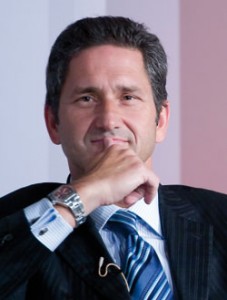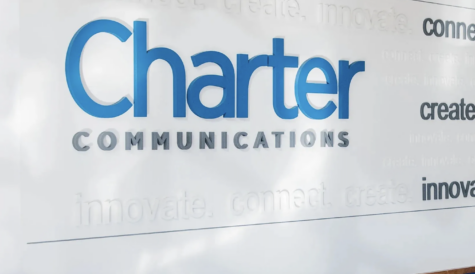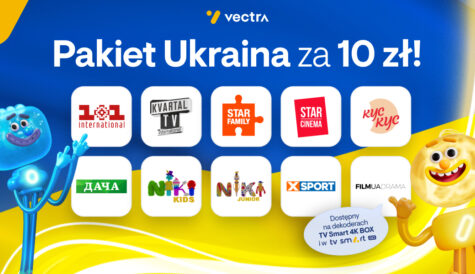Liberty Global’s Fries: US “flat wrong” on net neutrality
Net neutrality legislation is largely unnecessary and the US’s FCC has made a mis-step in imposing Title II status on US cable operators, according to Liberty Global president and CEO Mike Fries.
Interviewed via Skype for Cable Congress attendees yesterday afternoon, Fries said “What is broken that we are trying to fix? If anyone could point that out to me I would be much more enthusiastic.”
He said the US had “flat got it wrong” and that he believed European regulators were more “thoughtful” and “balanced” in addressing the net neutrality issue.
Speaking about network operators’ policies in managing their bandwidth, Fries said that “no-one blocks anything” but that networks have to be managed in order to work efficiently.
Fries also said that Liberty Global has been pursuing a merger and acquisition strategy to bring scale to European cable with fewer hurdles than operators face in the US.
Fries pointed out in his Skype interview that cable operators including Liberty Global were investing heavily in broadband infrastructure. He said that Liberty Global companies were engaged in short range network extensions, as in the UK with Project Lightning. Fries said that Liberty could relatively easily connect buildings within 50 metres of the existing footprint, generating a financial return in the “mid-30” per cent range.
In addition to extending existing networks, Fries said Liberty could look to consolidate smaller players in territories where it already has a presence, but indicated that acquisitions in new territories are probably not on the cards.
“There is not a whole lot left to consolidate in the markets we like but there is still consolidation to be done in themarkets we are in already,” said Fries.
Fries nevertheless said that he believe there will be more consolidation in European cable over the next two or three years.
Fries said the industry is getting more complex. Netflix drives broadband consumption and has shown by example how to create a great video experience.
Fries said that Liberty Global wants to provide ubiquitous connectivity. The company has mobile networks in nine countries and aims to get to 40% quad-play penetration, said Fries.
“Mobile is a pretty big part of our business…and the quad play is here to stay,” he said, citing the one in five cable customers in Belgium and the UK buying a mobile product from Liberty. Such customers churn less than others, he said.
Turning to the investment made by mobile giant Vodafone in cable in Germany and Spain, Fries said the move was “smart”. However, he said, “We prefer our business model [to Vodafone’s], to be honest.”
Fries said Liberty Global’s recent EUR50 million investment in Formula E gave the new “ground floor” opportunity time to expand. He said he believed Formula E would be attractive to millennials.
On the evolution of the content business more generally, Fries said that non-linear digital rights will take up a greater portion of content acquisitions iin the coming years. Some channels will struggle if they don’t own their content and brands and provide distirbutors with the contnet rights they need for OTT and multiscreen, he said.
“Content owners have to get with it,” said Fries.
Fries said that traditioinally, content owners had bundled channels together and that “this strategy is running into challenges”. He said it was harder “for companies like ours to invest…in linear channels that are attracting fewer viewers”. The move to mobile consumption meant that operators needed to partner with channels that have rights to distriubte on mobile devices, he said.




